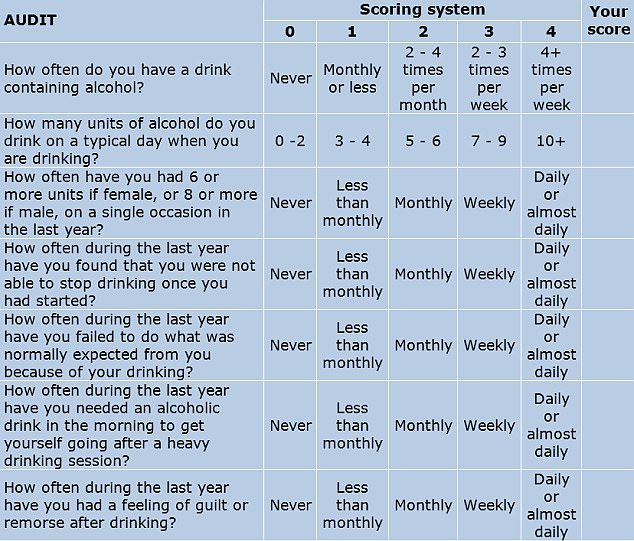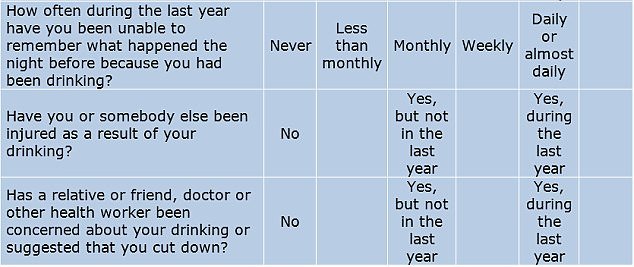
A ‘nanny-state’ ban on alcohol advertising would have little or no impact on consumption, a review of evidence has found.
The Institute of Economic Affairs (IEA) examined studies that looked at how marketing alcohol affected demand.
While advertising could increase the popularity of individual brands, it did not increase sales of similar products overall.
Instead, people simply switched what they bought rather than drinking more, the think tank said.
In 2022, the World Health Organisation (WHO) called for tighter restrictions on the marketing of alcohol, including advertising, sponsorship and promotions, in a bid to reduce harmful uses, particularly among young people.
In 2022, the World Health Organisation (WHO) called for tighter restrictions on the marketing of alcohol, including advertising, sponsorship and promotions, in a bid to reduce harmful uses, particularly among young people. But the report by the IEA said that studies suggest advertising ‘does not increase aggregate sales of the type of product being advertised’

Data from a 2022 Organisation for Economic Co-operation and Development (OECD) report found Brits drank 9.7 litres of pure alcohol per adult in 2020 — 0.1 less than the EU average.
In its Alcohol Advertising: What does the evidence show? report, the IEA suggested these calls were not backed by the evidence.
The report said that studies suggest advertising ‘does not increase aggregate sales of the type of product being advertised.
‘A small number of studies looking specifically at the impact of alcohol advertising bans have produced mixed results, but the majority have found no impact on aggregate sales.’
It continues: ‘For some public health and temperance campaigners, the mere existence of advertising is proof that it leads to greater consumption.
‘They often say of alcohol advertising: ‘If it doesn’t work, why would the industry spend so much money on it?’.
‘Their mistake is to see the alcohol industry as a monolithic entity rather than a group of rival businesses.
‘The alcohol industry does not advertise. Alcohol companies advertise, and it is worth their while to spend money attracting other companies’ customers and keeping hold of their own.’
Last year, the Scottish Government launched a consultation on the potential ban on alcohol advertising.
But First Minister Humza Yousaf has since paused any plans to bring restrictions into action amid concern from industry.
In 2021, alcohol advertising was banned in sports in Ireland as part of its Public Health (Alcohol) Act.
Christopher Snowdon, head of lifestyle economics at the IEA and author of the report, said: ‘The claim that banning alcohol advertising would reduce the amount of alcohol-related harm in society has remarkably little evidence to support it.
‘Advertising affects the market share of individual brands, but the amount of money spent on alcohol advertising has no effect on alcohol consumption overall.
‘This is how advertising works in every other mature market, and it would be a surprise if alcohol were any different.’
He said any ban on the advertising of alcohol would not be an evidence-based policy, adding: ‘Strident claims from anti-alcohol campaigners about advertising should be taken with a pinch of salt.
‘This evidence review found that only a few high-quality studies have looked at this issue, and the evidence is, at best, mixed.’


